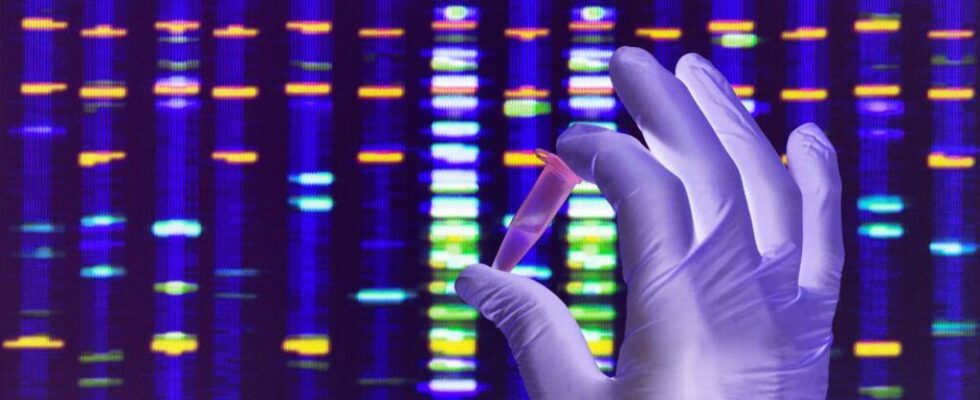A team of scientists from the University of Cape Town (UCT) and the Max Planck Institute in Leipzig, Germany, have managed to decode the DNA of thirteen human fossils, the oldest of which date back nearly 10,000 years. This information is important for understanding the evolution of the human species and movements in the region.
1 min
With our correspondent in Johannesburg, Claire Bargelès
For these researchers, it was important to conduct such work in South Africa, given that the country has a very diverse genetic heritage and that many human fossils have been discovered there. There is also a lack of research of this type on the continent, even though it could help us better understand the evolution of the human species.
Scientists are interested in ancient fossils found in the caves of Oakhurst Rock Shelter, a place in the south of the country known for containing dozens of human graves.
Using cutting-edge methods, they have managed to reconstruct their genome, that is, the set of genes that tell cells what role they play in the body. This research already provides some initial information: that these genomes have ultimately changed very little and are similar to those of the populations descended from the San and Khoikhoi who live in the region today.
This is a certain ” genetic stability ” very different from the results obtained in Europe where more changes are observed.
Also listen toWho was Denisova, Neanderthal’s Asian cousin?
